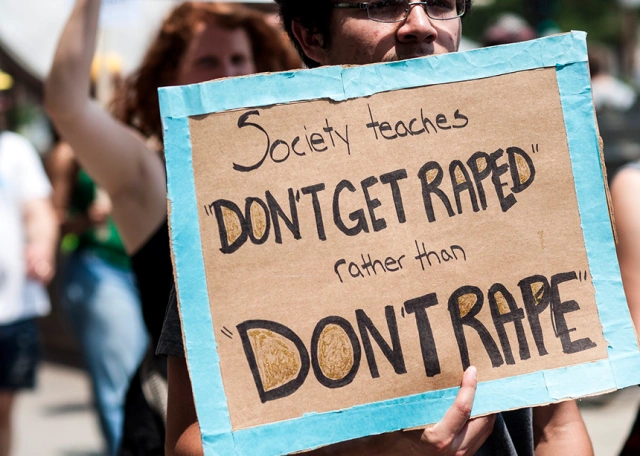In South Africa, where a woman is raped every 12 minutes, the emotional and psychological toll of such trauma is unimaginable. Recent crime statistics revealed that between July and September this year alone, over 10,000 rapes were reported, including incidents involving learners at schools and universities. If you find yourself a victim of sexual assault, it’s crucial to remember that it is never your fault, and that there are specific steps to follow to ensure justice is served and your recovery begins.
The emotional aftermath of rape can vary greatly from person to person, with many victims feeling guilt, fear, and confusion. You may experience feelings of shame, nightmares, or an overwhelming urge to erase the trauma by moving on as quickly as possible. These reactions are normal, and it’s essential to understand that each victim processes their experience differently. The South African Police Services (SAPS) emphasize that no matter how you feel, your immediate response to the assault will guide the collection of evidence and help bring the perpetrator to justice.
If you are able, the first thing to do is to remember details about your attacker—such as their age, race, height, hair color, scars, tattoos, clothing, and any distinctive features like jewelry or voice. This information will be crucial to the investigation. If possible, try to scream, yell, or alert someone nearby. If you are in immediate danger, cooperate with the attacker in the short term to protect yourself, as submission does not equal consent. Your safety is paramount, and every victim is urged to report the crime as soon as possible to ensure that proper evidence is collected.
After the attack, your next step should be to report the incident to the nearest police station or call the national hotline at 0800 10111. SAPS will assign an investigating officer to take your statement. It’s important to know that you don’t have to go through this process alone. You can bring a trusted friend or family member with you, as long as they are not potential witnesses in your case. Prompt reporting and support from loved ones are key to navigating the legal process and beginning the journey of healing.
